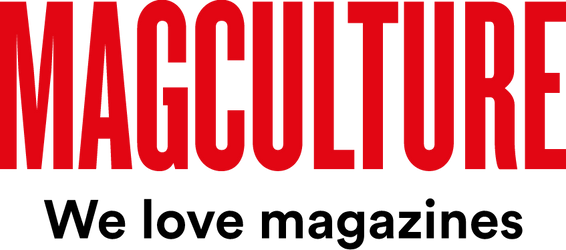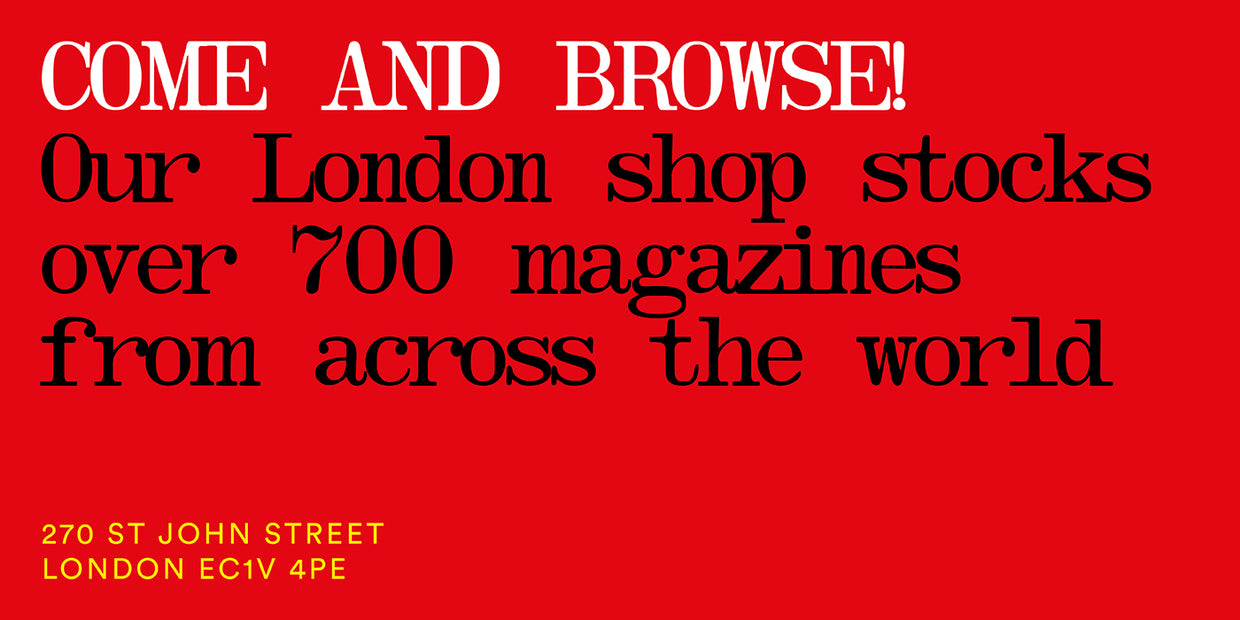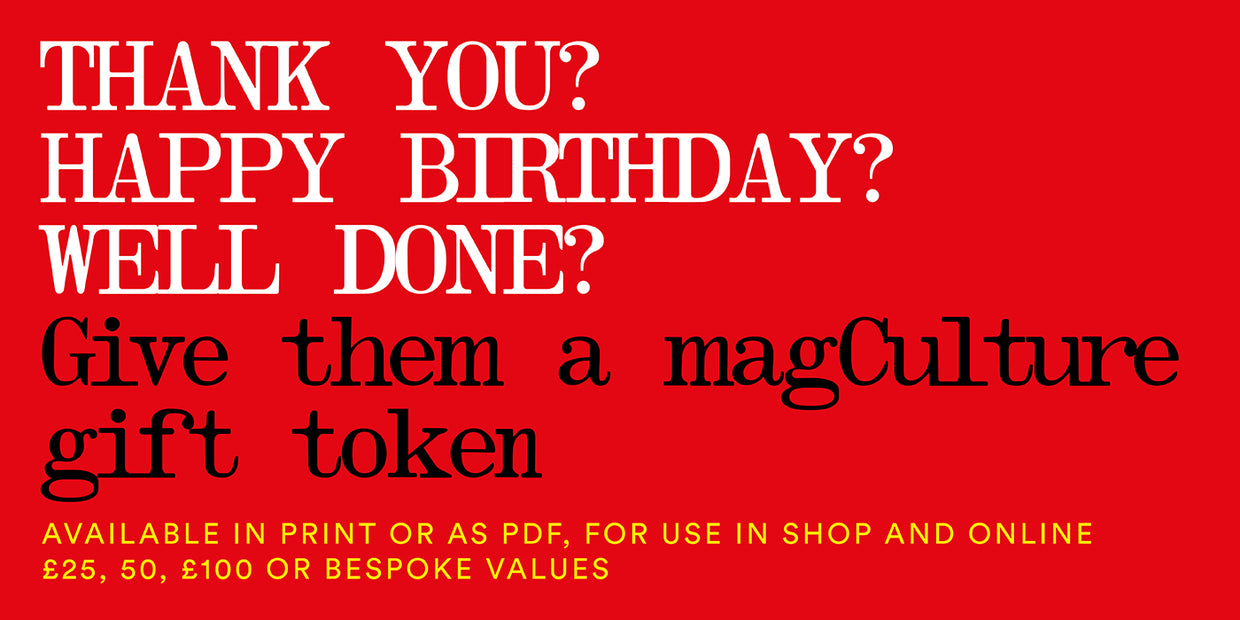
Martha Dillon, It’s Freezing in LA!
Today we meet the second of our magCulture Live speakers. Martha Dillon discovered publishing while studying Civil and Environmental Engineering. She now combines her scientific interest in managing climate change with the magazine she founded, It’s Freezing in LA! The magazine seeks to shift discussion about our environment from the technical to the personal.
What are you doing today?
Today is busy! I've been working at my day job (I’m a flood risk engineer), and then I’ll be spending the evening at the Contra Studio down by North Greenwich Tube, London. We’re setting up for a big party we’re holding on Saturday. With fellow London indie mag Contra we asked artist Vinita Khanna to fill a warehouse with work about ‘Climate and Conflict’, and Saturday evening is the big public opening. It’s looking really exciting but it's a big piece of work to get the space ready.
I'll also be fielding emails to organise the last bits of text for our fourth issue, which comes out this December. I have to get them to the right people in our team of editors. We swap the articles between us to make sure everything we print is accurate and accessible: an edit by someone who is familiar with the topic and then by someone who isn’t.
Who/what inspired you to work in magazine publishing?
I got interested in magazines when I was working on my uni science magazine, which I did because I’m fascinated by how difficult people find it to talk about science.
At the time I got in touch with Nina (Carter, current IFLA! co-art director and illustrator) on facebook to see if she could do some illustrations for us, and through starting to work with her I discovered this whole world of publishing and creative media that she and her peers are focussed on. It’s not an area most scientists are too aware of, which is something I'd like to change.
Tell us about the IFLA! team and how you all came together.
The team came together as a growing group of people who had things to say about climate but no platform – we’re illustrators, scientists, historians, economists, playwrights. We like to invite people we think are saying interesting things to get involved. This started through our personal contacts, but now we can connect with people all over the world.
A magazine is a perfect format for talking about climate change. It invites a diverse range of stories, ideas and images, which is exactly the richness that such a complex topic needs. It's also edited and curated carefully to make sure everything is accurate - to avoid any skeptics – and to be selective about only printing the most thought-provoking, new ideas.
The other thing that works about magazines (and books) is that they’re permanent. We wanted to make something that people really treasure, read properly and hopefully pass on. I think we are short of green media that can stand up next to publications on more common magazine topics, like travel or food.
Please share a single example/page from IFLA! that sums up the magazine.
My most IFLA!-y page is probably the back cover of our first issue. It has our name-sake quote by Trump, you can see the painstaking hand-binding we used to save money, and my favourite graphics of our issues so far. Our designer Matthew Lewis builds them from data that ‘proves’ some element of climate change – for issue one we used maps of NASA global surface temperatures since the industrial revolution. The issue starts blue and ends red.
How can magazines make a difference in 2019?
To me, magazines are one of the few ways that groups of people can make a nuanced, collaborative, permanent comment on the state of their world. I love that this has been the case throughout history – political pamphlets and magazines have always been important.
By showing that climate change is as interesting and complex an issue as any other, we are reframing the relationship between art, science and the environment. We want everyone to be reading and talking about climate in an informed, intelligent way.
Nowadays, there is obviously a resurgence of interest in green issues thanks to Extinction Rebellion, indigenous actions and the youth strikes. But it’s not enough for people to feel aware of the climate crisis if there isn't a really strong green media for them to engage with. Similarly, it's not enough for people to have bright ideas if there aren't platforms to collect them.
Who are you looking forward to hearing/meeting at magCulture live London 2019?
Charlie Brinkhurst-Cuff! Gal-dem has been so important for my development as an editor; it’s completely brilliant. Reading it has taught me a lot, but not least how much control I have over which voices I listen to, and the responsibility we have at IFLA! to choose which voices we platform.
Hear more from Martha at magCulture Live on 7 November. Save £30 with an earlybird ticket before the 27 September deadline.
Book your earlybird ticket now!









